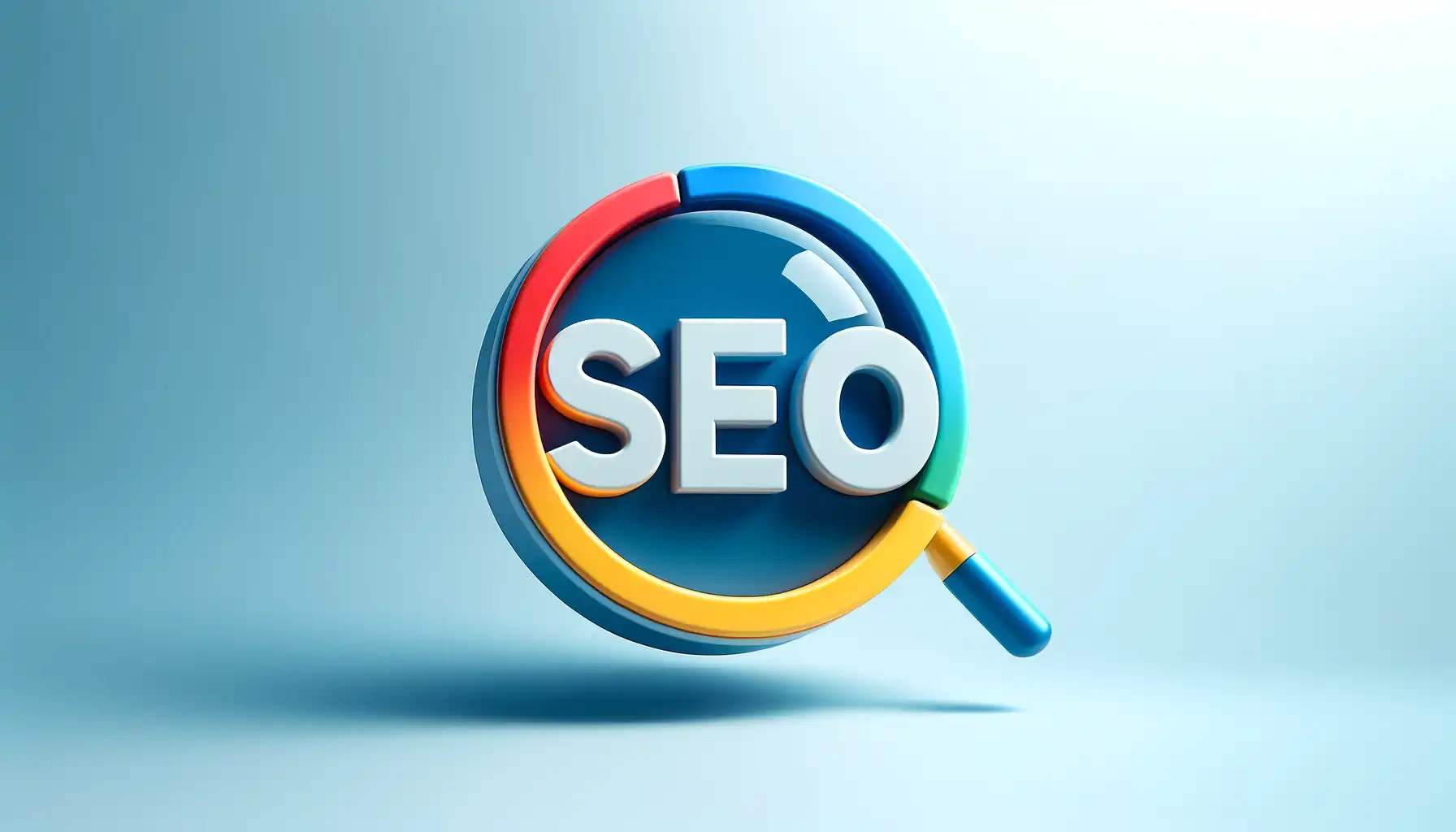
How to Start with SEO? - Your Guide to Digital SEO Mastery
Introduction
Search Engine Optimization (SEO) is crucial for online visibility. In this article, I'll share the basics of SEO and how you can use it to improve your website's ranking.
What is SEO?
SEO stands for Search Engine Optimization. It's the process of optimizing your website to rank higher on search engines like Google, Bing, and Yahoo. The goal is to increase organic (non-paid) traffic to your website by improving your content's relevance and authority.
How Do Search Engines Work?
Search engines use automated bots (also known as crawlers or spiders) to crawl the web, indexing content and ranking it based on various factors. Here's how the process works:
- Crawling: Search engine bots scan the internet to discover new and updated content.
- Indexing: The bots organize and store the content they find in a massive database known as the index.
- Ranking: When a user searches for a query, the search engine ranks the most relevant and authoritative results.
Why is SEO Important?
SEO is essential because most online traffic comes from search engines. By optimizing your website for search engines, you can:
- Increase organic traffic to your site
- Gain credibility and trust with users
- Improve user experience
- Outperform competitors
Key Components of SEO
There are several important components to consider when optimizing your website:
- Keyword Research: Find relevant keywords that your audience is searching for. For practical tips, check out the Top 10 Tools to Enhance Your Website's SEO.
- On-Page SEO: Optimize title tags, meta descriptions, headers, and content with targeted keywords.
- Technical SEO: Ensure that your website is crawlable and indexable by search engines. Learn more about technical SEO strategies in the Web Scraping Using Python for Beginners guide.
- Off-Page SEO: Build high-quality backlinks to increase your site's authority.
- Content Quality: Create valuable, informative, and engaging content that answers users' queries. For more insights, read the Web Scraping Using Python: A Step-by-Step Guide.
- Local SEO: Optimize your business for local search results.
Quick SEO Tips for Beginners
Here are some actionable tips to get you started with SEO:
- Optimize Title Tags & Meta Descriptions: Make sure your titles and meta descriptions include relevant keywords and accurately describe your content.
- Use Header Tags Effectively: Organize your content with H1, H2, and H3 tags to make it easier to read and understand.
- Improve Page Speed: Ensure your website loads quickly by compressing images and using browser caching.
- Mobile-Friendly Design: Make sure your website is responsive and looks good on all devices.
- Build High-Quality Backlinks: Earn links from reputable websites to increase your site's authority.
- Create Valuable Content: Write blog posts, articles, and guides that provide real value to your audience. Check out the Web Scraping Using Python for Beginners guide for inspiration.
Conclusion
SEO is a long-term strategy that requires consistent effort and optimization. By understanding the basics and implementing the key components of SEO, you can significantly improve your website's visibility and attract more organic traffic. Keep learning and adapting to the ever-changing SEO landscape to stay ahead of the competition.
For more advanced SEO strategies, don't miss our guide on How to Create Evergreen Content to boost your blog traffic.
Or check outmy other blogs